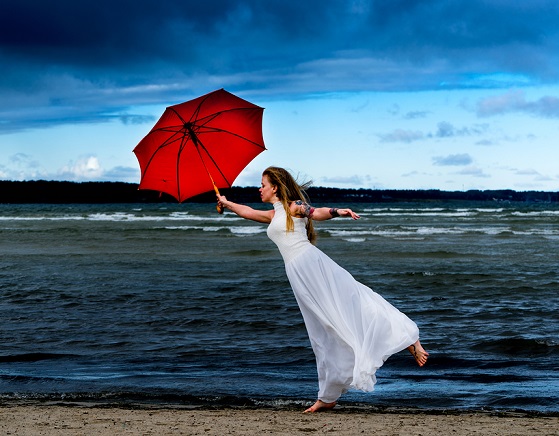A Spoonful of Sugar: Love Lets the Light Slip In.

If there’s one thing I’ve learnt from years of therapy, it’s that it’s so much harder to head into a session without grievances.
This is where the real work is. Accepting the possibility of having and being and acknowledging the good stuff.
We are so at home in everyday despair, and much like the United Kingdom climate, we see all colors through a slight filter of grey cloud. Slight chance of rain is our factory setting, and anyone willing to challenge that is generally seen as a bit of a positive psychology nut job who secretly has a desk drawer full of emergency Dairy Milk and gin for the off-peak days.
No, it’s all much more subtle than this.
My first experience of this was while running a women’s trauma recovery group two years ago. The moment the group stepped into despair, they stayed there, stuck in the mud like swamp monsters, blaming their partners, family, GP’s and prescription chemists, relying on one another to stay in the victim pool so that they could collectively blame and stay in chronic shame.
This helped no one.
I’ve recently created a healing archetype out of the character of Mary Poppins. She has the ability to not dwell on the negative, stay light and breezy, maintain firm and safe boundaries, but all without losing her sense of spontaneity and fun. After a particularly tough term, I sat with my emergency desk drawer gin and watched her enraptured.
“A spoonful of sugar helps the medicine go down,” I thought to myself. You see, we forget that we need life’s nectar.
We’ve convinced ourselves that sweetness is the eighth deadly sin, and that anything sugarcoated is worth deep suspicion. But what if the medicine only works once we’ve acknowledged the layers of sweetness in our lives?
Perhaps the sweetness is the essential ingredient our lives are lacking.
I work with young people and mental health, and time after time I see young people clinging to the islands of their own brokenness. They identify wholeheartedly with their diagnosis and forget to see who they are beyond that. Many young people think they will only be loved if they are broken and cry for help. But love is not the same as fixing.
Love is seeing that we are practically perfect in every way. We are whole. We don’t need fixing.
We live in a culture that seriously lacks sweetness. We are weighed down.
We label people with what’s wrong rather than what’s right. We quite rightly celebrate difference and diversity, but forget to acknowledge the threads of sameness that run through us all. We were all born defenseless, and we will all die defenseless.
We also have in our lifetime at least one powerful experience of unconditionally loving someone, be that through our faith, our pets, our parents, our carers or our therapists.
That love we feel is infinite.
The love we feel gets through the cracks and lets the light slip in, and we are wonderfully defenseless against this love because quite simply it is our birthright, no matter what place of pain we come from.
Between these places of life, death and love we armor ourselves with all kinds of ways to block the love out, be that through addiction or an allegiance to suffering. We construct a million blackout blinds, but eventually that light slowly trickles through.
Our job is to notice this vein of light or nectar or spoonful of sugar.
It’s always there. It never leaves us. And joy of joys, it is not reliant on anyone but ourselves.
Because it is who we are.
Underneath all the conditioning and conditions.
You see, we can’t be taught love. It is an innate capacity.
Mary Poppins reminds a family of their innate capacity to experience joy and love, and she doesn’t do this by focusing on what’s wrong.
When the wind changes, she flies off with her umbrella and reminds us so beautifully of this one transient life we need to embrace in full color now. She carries that umbrella as a shelter from the rain we all go through, but she also uses it to fly with.
[youtube]V7gYsYh3aek[/youtube]
***

Anna Atkinson has worked in mainstream Primary and Secondary school settings, providing therapeutic art interventions, for over seven years. She trained in Waldorf Education and Art therapy, and has a degree in Illustration from Camberwell Art College, London. She runs art workshops, exploring metaphors through mythical and fairytale-based stories for adults and children alike.

